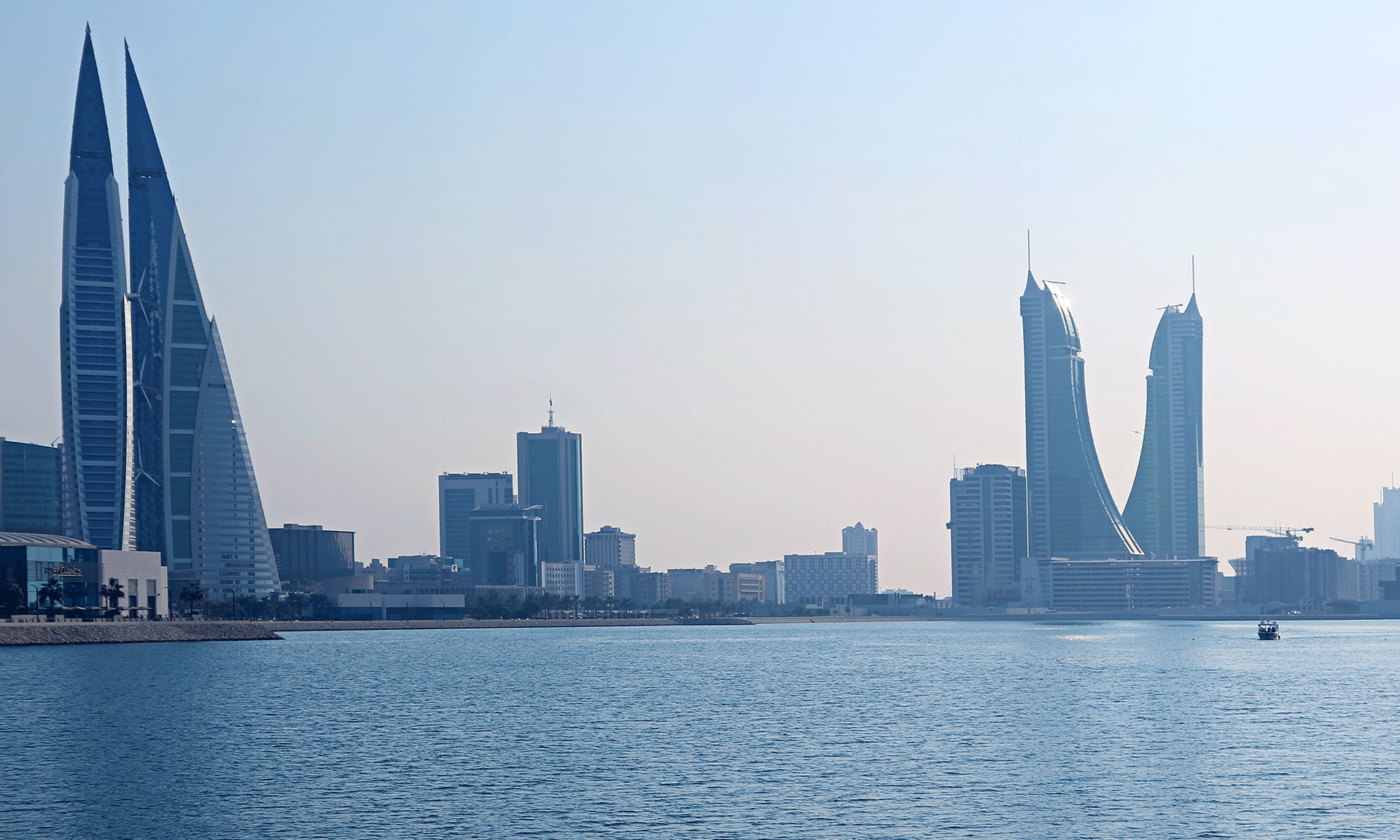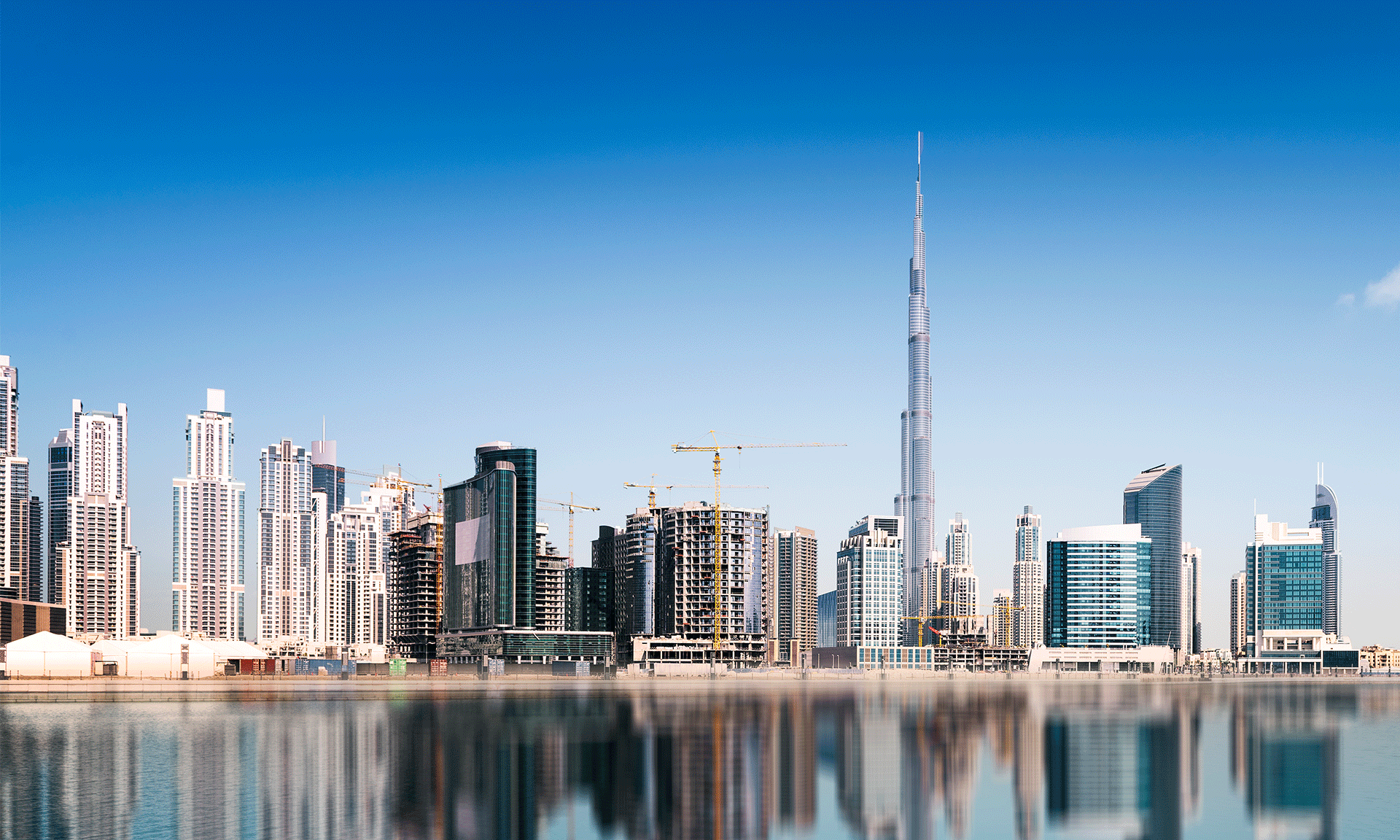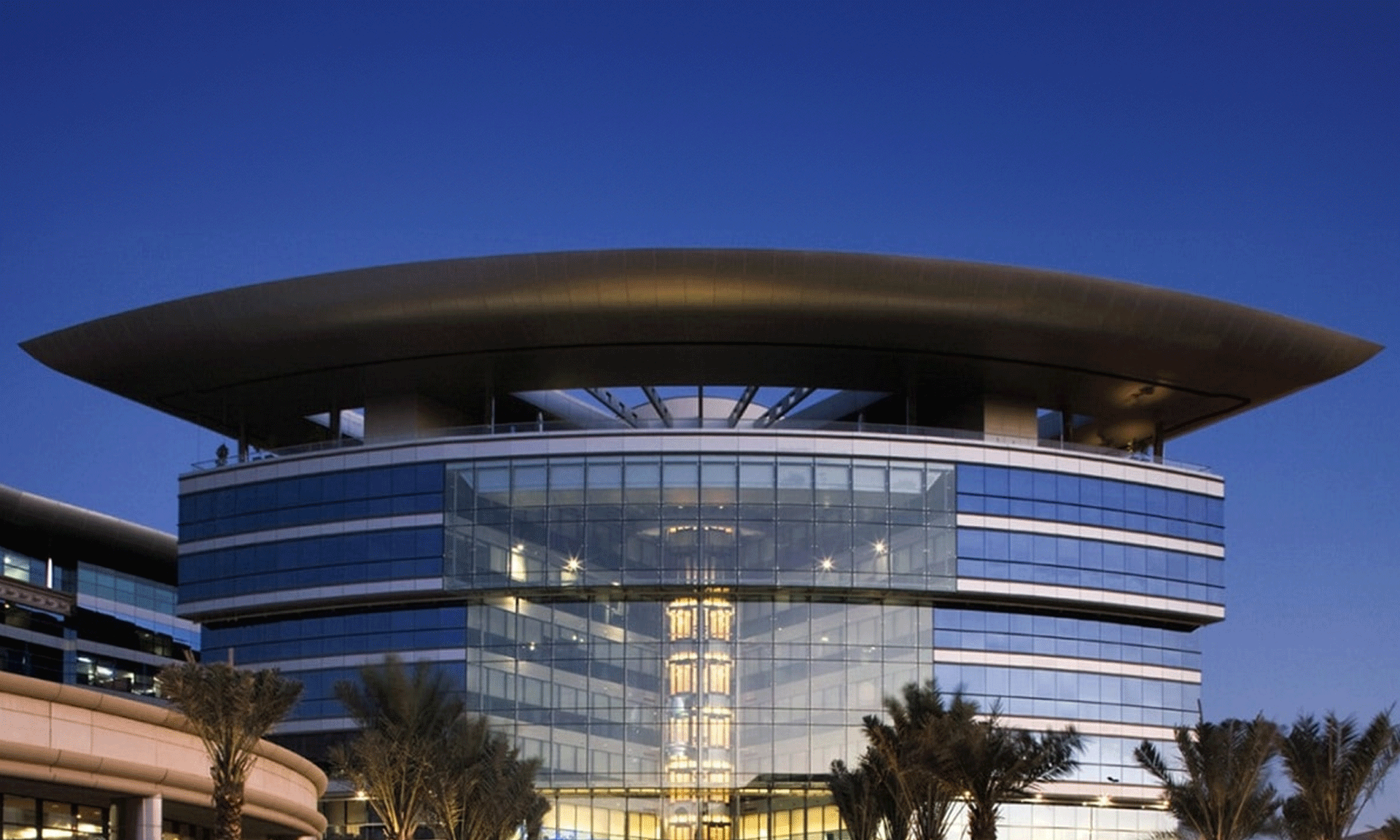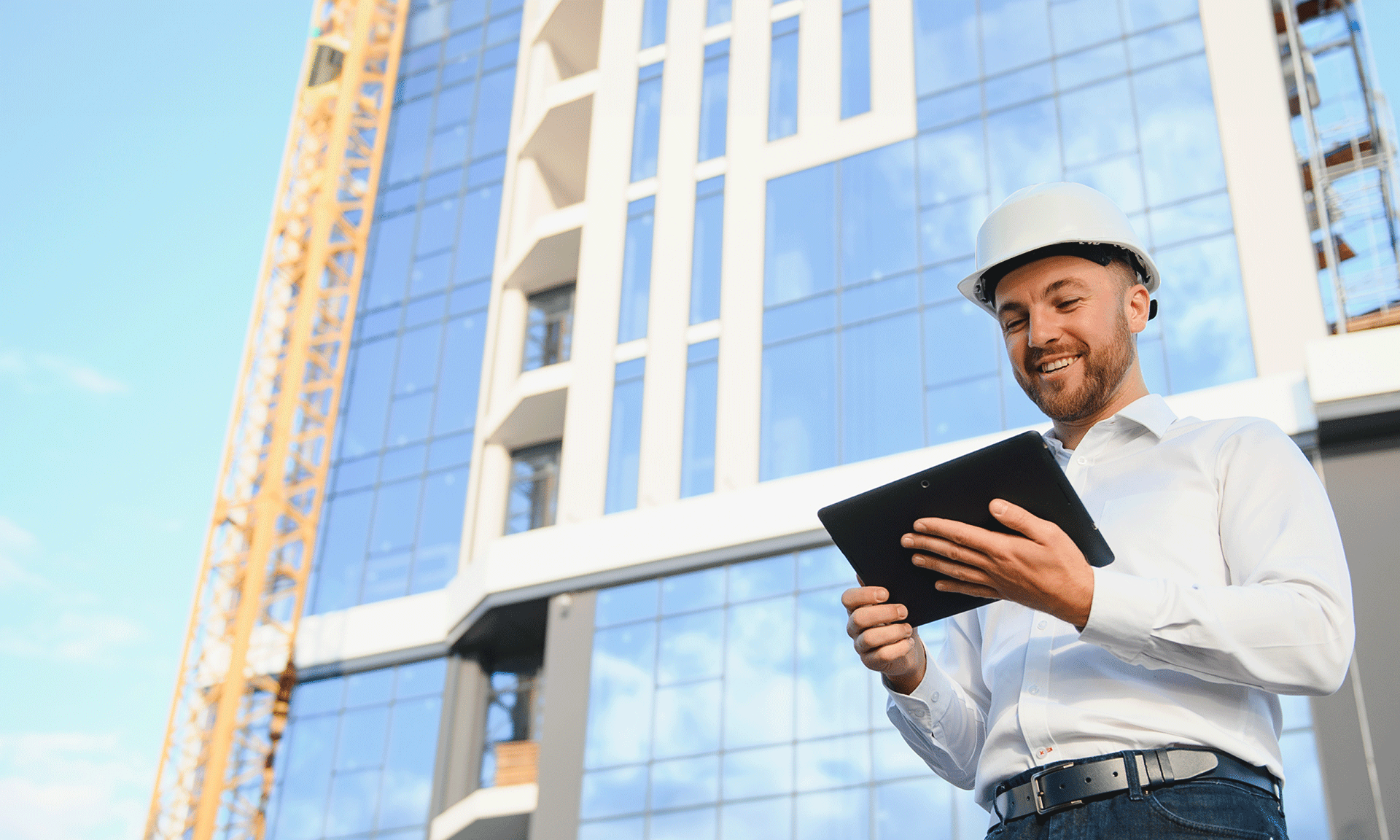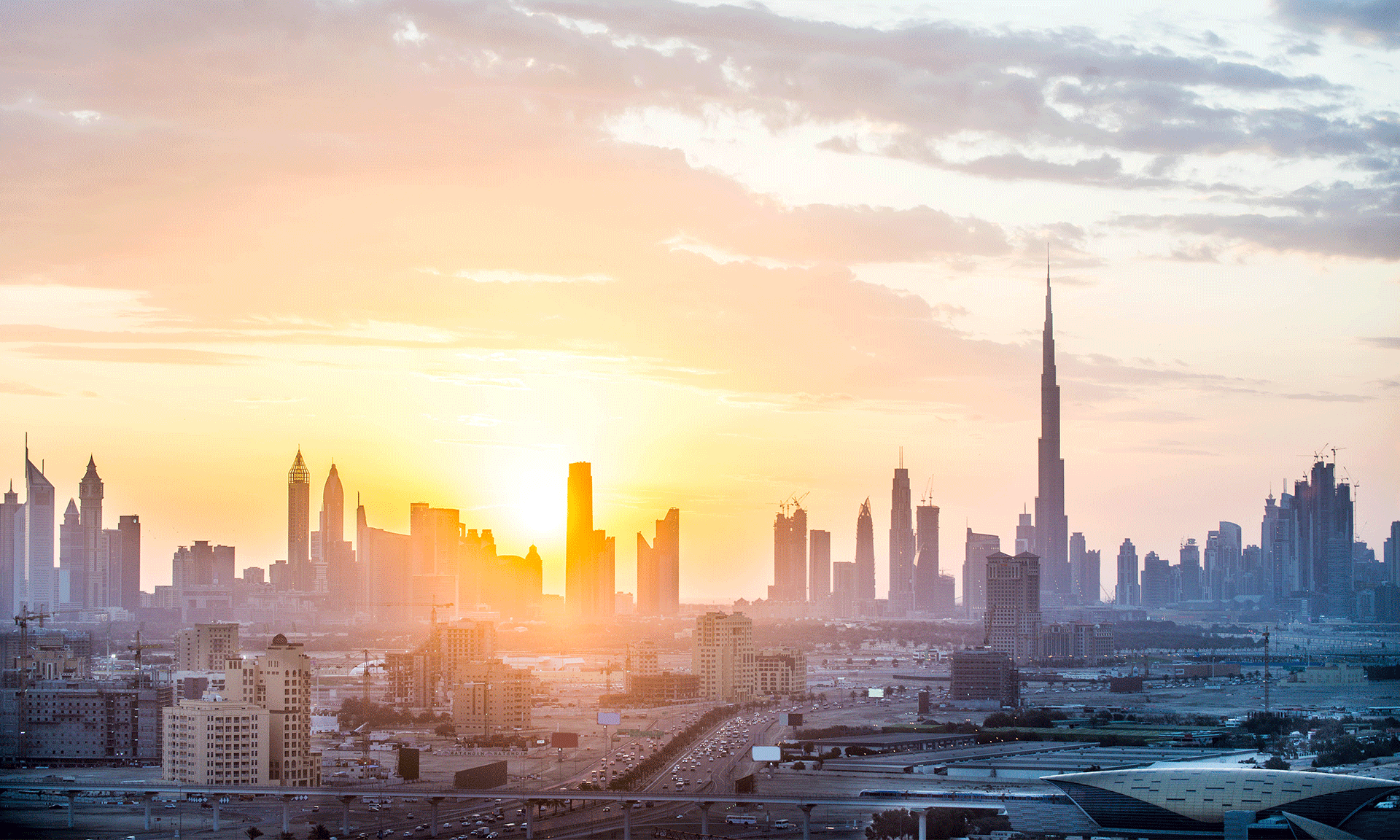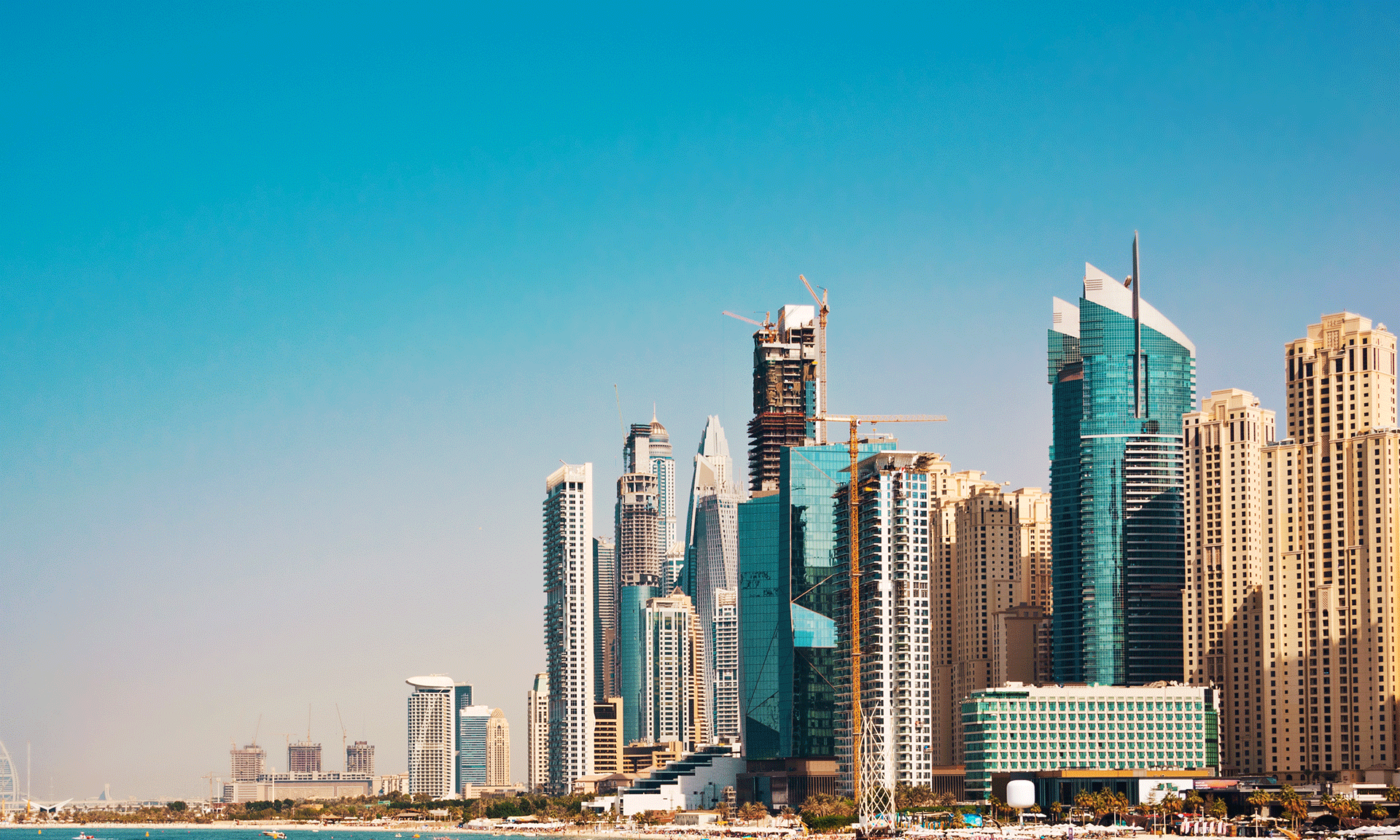The UAE/ Dubai economy has started displaying signs of growth in key economic indicators after recovery from economic fallout and GDP contraction due to covid 19. International financial institutions e.g. the World Bank and IMF also sounded upbeat on the prospects of the country’s economy being on strong footing. “Over the medium term, the recovery will be bolstered by trade and tourism as health concerns wane and the authorities continue to work towards UAE’s long-run priority — diversification,” reported the World Bank in a recent update.
The country’s GDP will average 3.4 per cent between 2021 and 2023 with 2.7 per cent GDP for 2021, 4.6 per cent for 2022 and 2.9 per cent for 2023, the World Bank’s projection suggests.
During the covid pandemic, the government approved 33 initiatives during August 2020 to support various sectors over three planned phases. The first phase of the recovery and economic advancement plan for providing immediate support to businesses has already been completed.
In August last year, Sheikh Mohammed bin Rashid, Vice President and Ruler of Dubai, in a Cabinet meeting approved the launch of the 33 initiatives to support various economic sectors. It also approved the formation of an interim committee was also formed to oversee measures for successful implementation of the 33 initiatives, creating stimulus for business and enhancing economic growth rates. Emerging business sectors will be provided with new opportunities for a resilient and sustainable future through the latest technologies and increased investments.
The committee is engaged in providing new opportunities by developing emerging sectors, harnessing technology, boosting investment in new sectors and enhancing the sustainability and resilience of the national economy. To this effect, the UAE Central Bank already announced a USD 27.2 billion package towards financing businesses.
Since the time of the deadly virus spread, Dubai- UAE authorities have introduced several post covid recovery plans and initiatives for speedy economic recovery and growth.
The government has been restructured with some federal entities merged into one and new ministers and CEOs appointed for specialized areas. The Ministry of Industry and Advanced Technology has been formed to specifically look after the industrial sector and a new Minister of State for Digital Economy and AI has been included in the cabinet. The UAE Government strategized and planned for all government services to be accessible from anywhere, any time by the year 2023 and appointed a Head of the UAE Digital Government for a digital transformation of the country.
A National COVID-19 Crisis Recovery Committee was also formed with several ministerial representations to steer the economic recovery post the pandemic.
A 10-year plan, ” Operation 300bn” has been launched to promote the industrial sector and provide all necessary support to 13,500 SMEs and generate 25,000 job opportunities. Easy and affordable financing to the priority sectors, SMEs and Startups including new business setup in Dubai has been kept on the top of the country’s economic growth strategy.
A new ‘Export Development Policy’ has been introduced to boost exports and explore new international markets for increasing the contribution of non-oil sectors in the GDP.
A Creative Economy Strategy has been planned to increase the contribution of creative industries to its GDP by two-fold, from 2.6 per cent in 2020 to 5 per cent by 2025. The country also implemented a strategy to attract and retain talents to lure foreign investments and company formation in Dubai.
As economic recovery and growth of a country is always intertwined with several other factors, six main areas have always been in the country’s focus including health, education, economy, food security, society and government restructuring.
While Europe and many other nations have witnessed a covid resurgence, the Dubai-UAE is relatively free of covid infection with 90 per cent population double vaccinated and high-risk categories provided with booster dose.
Lastly, the Dubai Expo, the booming realty sector and stable and higher oil prices have also helped Dubai- UAE to take its economy on a high growth trajectory.












